What Is Lycopene? Lycopene Benefits
2018-04-25
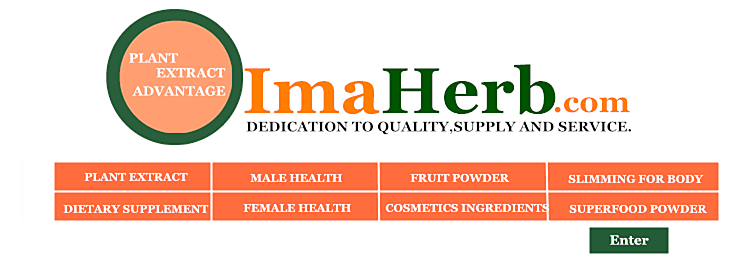
What Is Lycopene?
Lycopene is a carotenoid − a natural pigment that gives some vegetables and fruits their red color. There are several published studies that evaluate whether lycopene in tomato products or supplements could have protective effects against prostate cancer and cardiovascular disease. However, there is not enough evidence to say that lycopene provides such health benefits.
Lycopene is cancer-preventative phytonutrient — an antioxidant with a laundry list of amazing benefits. It’s most commonly found in tomato nutrition, but you can consume it in a number of common fruits and veggies. It has some properties in common with beta-carotene, although they’re not identical.
As a pigment in food, lycopene is responsible for the red color of tomatoes, although not all red fruits and vegetables contain this antioxidant. It’s even registered as an official food coloring in the U.S. In fact, lycopene is not soluble in water and is responsible for staining a lot of cookware the orange color you often find after making spaghetti sauce.
While the staining may be tough to scrub clean, it’s worth the effort because this amazing phytonutrient has a host of impressive benefits.

How does it work?
Lycopene is a powerful antioxidant that may help protect cells from damage. This is why there is a lot of research interest in lycopene’s role, if any, in preventing cancer.
Lycopene Benefits
1. One of the Most Powerful Antioxidants in the World
2. Helps Prevent Cancer
3. Keeps Your Eyes Healthy
4. Alleviates Neuropathic Pain
5. Good for Your Brain
6. Improves Heart Health
7. Keeps Your Bones Strong

Lycopene vs. Beta-Carotene
There are other carotenoids that are popular in research and health study. One such carotenoid is beta-carotene, and it has some similarities and some differences to lycopene that are important to note.
- Both are antioxidants.
- Beta-carotene is a precursor to vitamin A. Lycopene is not a precursor to any vitamins.
- Lycopene has not been proven to have lasting or permanently damaging side effects from overconsumption. Vitamin A from beta-carotene, however, is toxic, although this is only true in cases over-supplementation, not in dietary intake.
- When consumed dietarily, the body can filter out all unnecessary lycopene and beta-carotene.
- Both have anti-inflammatory and anticancer properties.
- Both protect against cognitive decline and eye disease.
- The highest concentration of lycopene can be found in tomatoes. In peppers, you’ll get the most beta-carotene per serving.
- Beta-carotene supplements can negatively interact with a number of medications, including statins, orlistat, some cholesterol-lowering drugs and mineral oil. Lycopene has potential complications when combined with blood thinners, fertility medications, nicotine and several other classes of dangerous drugs.
- There is a suggested link between high beta-carotene levels and smoking-related cancer incidence. There is no known link between lycopene and higher cancer risk.
Best Lycopene Foods
While most studies focus on the high lycopene content in tomato nutrition, there are several foods high in lycopene content that you can introduce into your daily diet.
- Tomatoes
- Gac (a Vietnamese fruit)
- Watermelon
- Grapefruit
- Guavas
- Papaya
- Asparagus
- Red Cabbage
- Mango
- Carrots







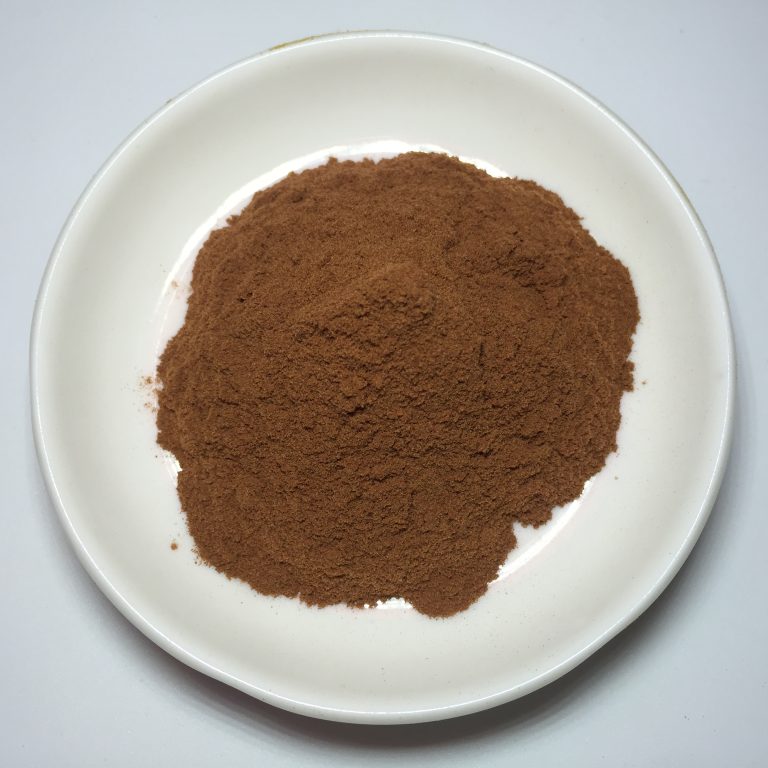 Imaherb China manufacturer supply Apple Extract Powder
Imaherb China manufacturer supply Apple Extract Powder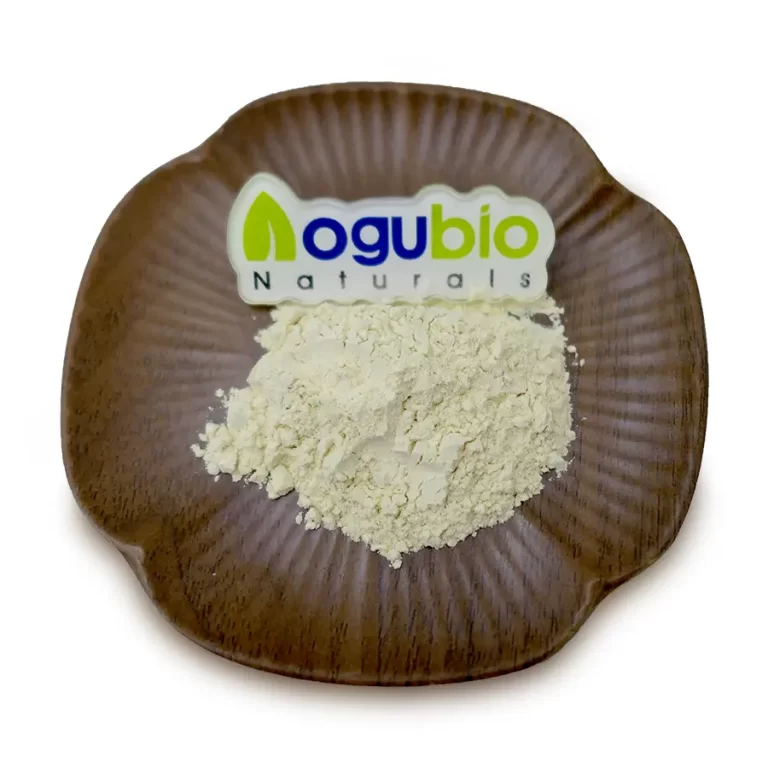 Imaherb China manufacturer supply Apigenin Powder 98%
Imaherb China manufacturer supply Apigenin Powder 98%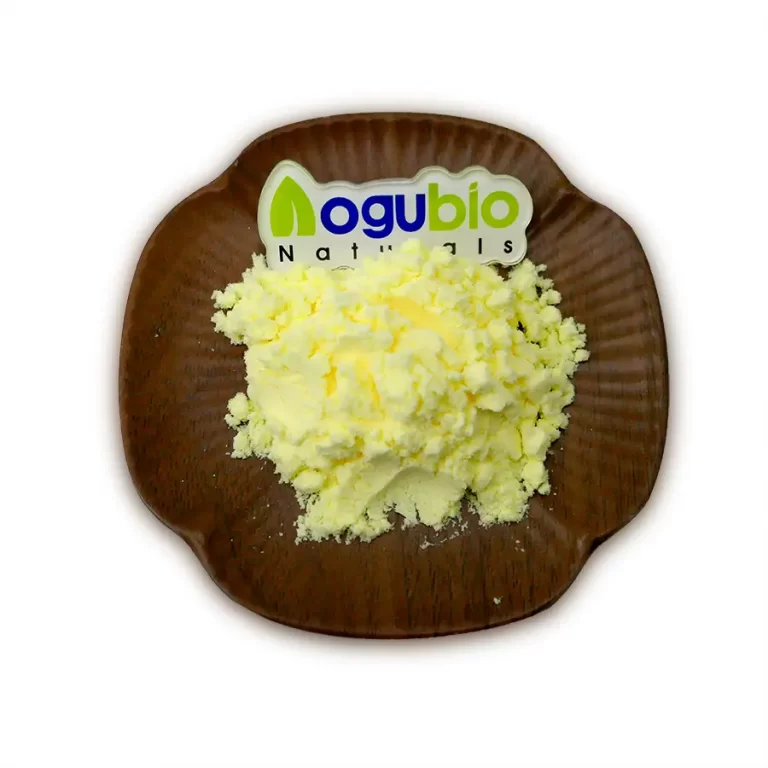 Imaherb Factory supply Alpha Lipoic Acid Powder CAS 1077-28-7
Imaherb Factory supply Alpha Lipoic Acid Powder CAS 1077-28-7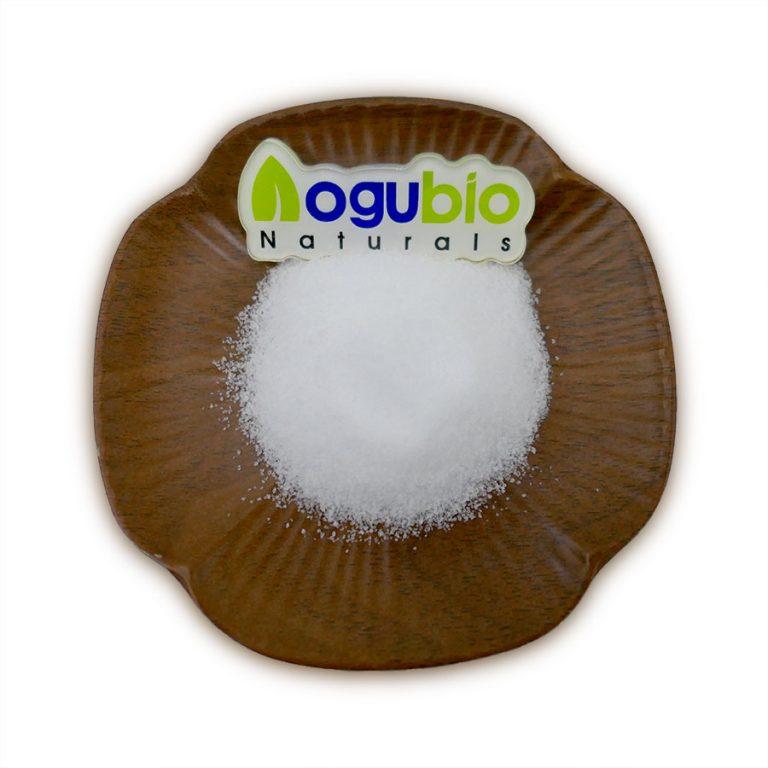 Imaherb Factory supply Alpha GPC Powder CAS 28319-77-9
Imaherb Factory supply Alpha GPC Powder CAS 28319-77-9 Imaherb Factory supply Alliin Powder 98% CAS 556-27-4
Imaherb Factory supply Alliin Powder 98% CAS 556-27-4 skype
skype Sales Manager
Sales Manager Rebekah
Rebekah Rachel
Rachel Miranda
Miranda Camilla
Camilla
 Sales Manager
Sales Manager